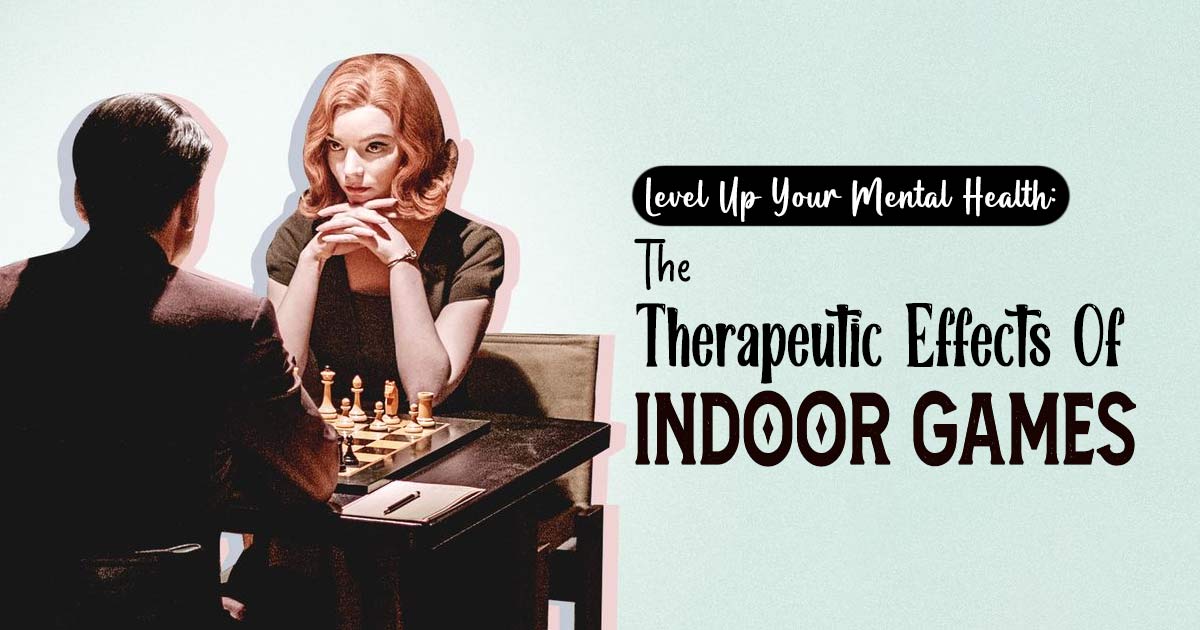The world we live in is running very fast nowadays, and mental health has become a major topic of discussion. Among several strategies to enhance mental wellbeing, the role of indoor games is increasingly being recognized. In fact, recent research argues that there is a strong link between indoor games and mental health and participation in these activities can lead to better brain activity and cognitive health.
How Do Indoor Games Enhance Mental Health?
Mental health promotion through indoor games is diverse. They offer stress relief as one of their benefits. Activities such as chess, which requires planning and thinking ahead or video games that provide distractions can act as stress buffers, thus reducing cortisol levels and enhancing relaxation.
Secondly, most indoor games engage the brain. Scrabble, for instance, involves words whereas puzzles and riddles require logic and spatial understanding. These mind activities have been found to be associated with improved cognition abilities and reduced risk of cognitive decline in old age.
Indoor games also promote social interaction. Whether played with friends or family members, multiplayer video game or group board game enhances bonding among participants. Social connection plays an essential role in mental well-being since it gives people a sense of belonging-ness and reduces isolation.
Indoor Games And Addiction: A Possible Link
Indoors games and mental health are positively linked, but there are potential negative outcomes associated with gaming addiction. The issue has been raised about being addicted to video gaming especially. Continuous gaming without proper control can affect one’s physical health negatively by inducing sleep problems, irritability, and concentration issues.
Some indoor games might instigate impulsion due to factors like rewards or immersion-like narratives; thus, they should be played cautiously as they may adversely affect some gamers’ behavior pattern when played excessively or continuously over time. It is important for one to ensure that he/she plays indoor games to entertain him/herself rather than making it as something that leads to mental health problems. To mitigate risks of addiction, individuals should form healthy gaming habits and take breaks from such activities.
Indoor Games That Enhance Mental Health
Notwithstanding the addiction factor in certain indoor games, it is important to note that many games contribute positively to mental well-being. For instance, chess enhances cognitive abilities by encouraging strategic thinking and focus. In the same manner, bridge and poker are examples of card games improving memory skills while fostering social networking.
Video games can also have positive effects when played in moderation. Games that encourage problem-solving, imagination, and team work help to harness cognitive skills as well as personal connections. VR-based activity-based video-games combine exercise with gameplay, holistically targeting both physical and mental health.
Indoor games and mental health are intricately related. Playing indoor games for the sake of enhancing one’s mental health requires doing it in a cautious way. Key strategies include applying gaming time limits, broadening the scope of game types, and incorporating other leisure or active exercises into one’s daily routines. Professional help, however, should be sought early if one suspects that he/she is becoming addicted to such games so as to maintain healthy interaction with them.

